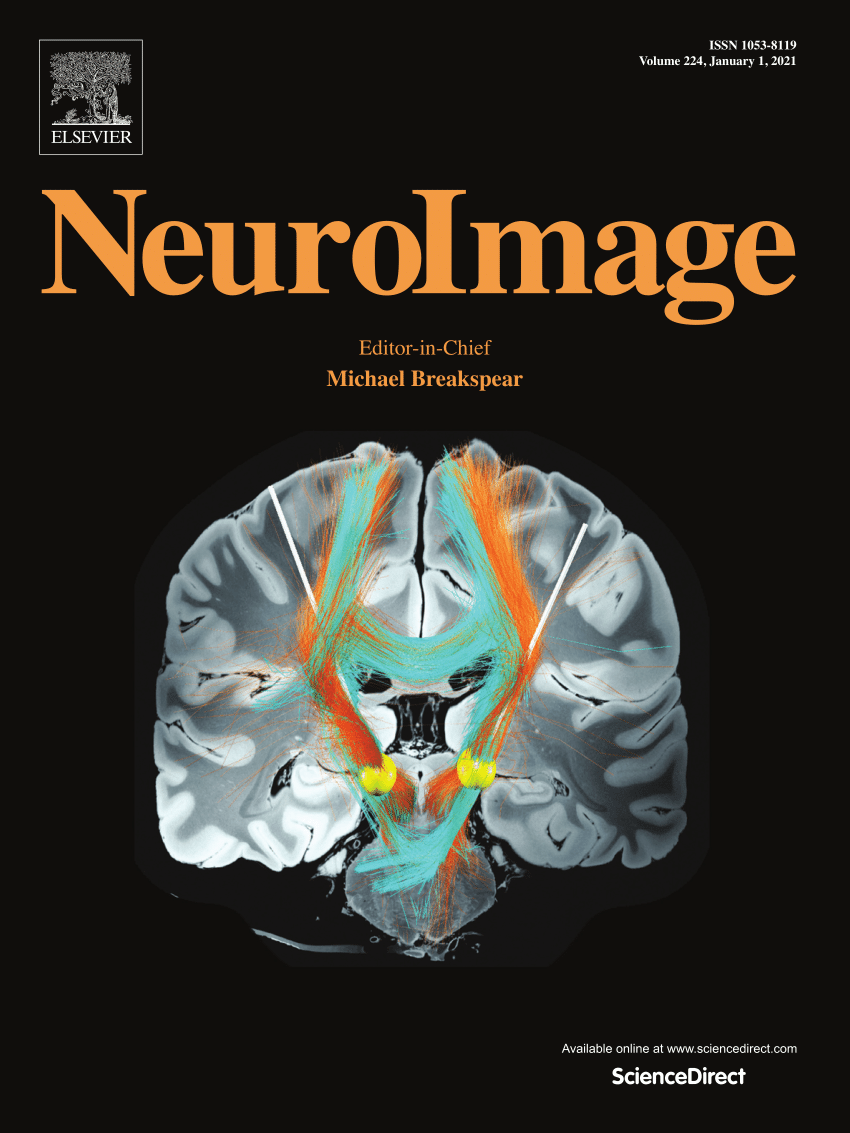调谐到大脑:准备潜力作为意图报告的煽动者
IF 4.5
2区 医学
Q1 NEUROIMAGING
引用次数: 0
摘要
多项神经科学研究声称,准备电位(RP)等神经信号早在一个人报告自己有行动意图之前就能预测行动表现。许多文献都集中在评估这种对代理、责任和自由意志的优先考虑的后果。我们认为,RP不是意图体验或行为的原因,而是作为一种成分,在某些实验环境中,甚至是意图报告的触发因素。在本文中,我们通过关注大脑在意向报告生成中的信息作用来论证这一点。为此,我们对之前发表的五项实验进行了多研究分析,这些实验涉及不同实验背景下预期运动的神经准备和主观体验。基于这些新颖的结果,我们认为像RP这样的信号是在运动开始之前大脑处理的最新阶段,使它们成为(共同)告知和/或启动意图报告的有用信息来源。本文章由计算机程序翻译,如有差异,请以英文原文为准。
Tuning into the brain: Readiness potentials as instigators of intention reports
Multiple neuroscientific studies have claimed that neural signals such as the readiness potential (RP) are predictive of action performance well before a person reports to experience an intention to act. Much literature has focused on assessing the consequences of this priority for agency, responsibility and free will. Rather than being the cause of an intention experience or action, we believe that the RP may function as an ingredient and, in some experimental contexts, even as a trigger of intention reports. In this paper, we argue for this by focusing on the informational role of the brain in the generation of intention reports. To do so, we conduct a multi-study analysis of five of our previously published experiments on the neural preparation and subjective experience of intended movement across various experimental contexts. Based on these novel results, we argue that signals like the RP are among the latest stages of brain processing before movement onset, making them a useful source of information to (co-) inform and/or initiate an intention report.
求助全文
通过发布文献求助,成功后即可免费获取论文全文。
去求助
来源期刊

NeuroImage
医学-核医学
CiteScore
11.30
自引率
10.50%
发文量
809
审稿时长
63 days
期刊介绍:
NeuroImage, a Journal of Brain Function provides a vehicle for communicating important advances in acquiring, analyzing, and modelling neuroimaging data and in applying these techniques to the study of structure-function and brain-behavior relationships. Though the emphasis is on the macroscopic level of human brain organization, meso-and microscopic neuroimaging across all species will be considered if informative for understanding the aforementioned relationships.
 求助内容:
求助内容: 应助结果提醒方式:
应助结果提醒方式:


